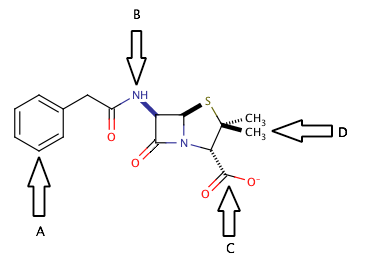Other Analytical Methods
Practice Questions
GRE Subject Test: Chemistry › Other Analytical Methods
When would it be appropriate to use extraction in order to separate compounds in a solution?
Extraction is the process of removing compounds from a solution by taking advantage of varying solubilities. The process of extraction for a mixture of diethylamine, phenol, acetic acid, and ammonia involves three steps.
1. Add a strong acid and shake the solution. Let the aqueous layer drain off.
2. Add a weak base and shake the solution. Let the aqueous layer drain off.
3. Add a strong base and shake the solution. Let the aqueous layer drain off.
Which of the following compounds would be the last to enter the aqueous phase using this technique?
A student has just finished running a reaction for organic chemistry lab. The reaction has produced a primary amine, as well as multiple dialkyl ether byproducts. The student has 1N aqueous HCl, 1N aqueous NaOH, water, and ethyl acetate at his disposal for purification. After diluting the crude reaction mixture with ethyl acetate, which of the following extraction methods will successfully isolate the amine product?
Which of the following mixtures would not be adequately separated via distillation?
A first-year graduate student treats compound A (below) with aqueous sodium hydroxide and heats the reaction for one hour. After cooling down the reaction, what must he do to isolate the desired carboxylic acid product?

